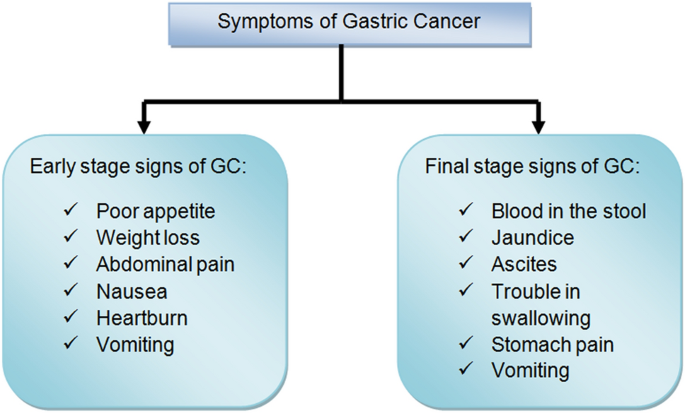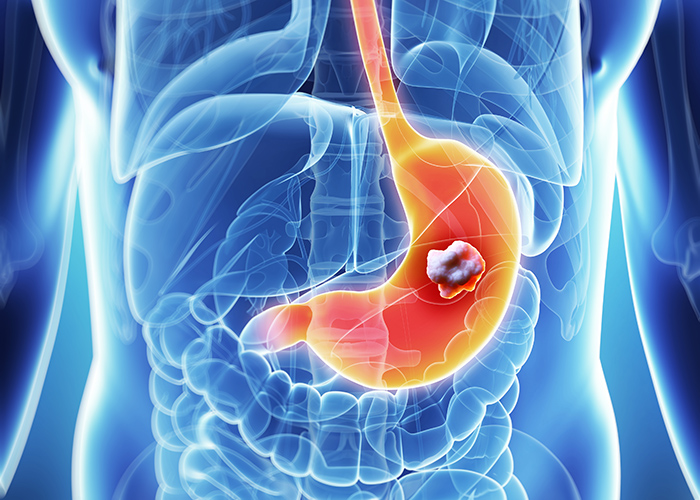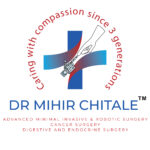Understanding Colorectal Cancer
Colorectal cancer is a type of cancer that begins in the colon or rectum. It usually develops from precancerous growths called polyps that can turn cancerous over time. Early detection and timely treatment greatly improve the chances of recovery.
Although it is different from Stomach Cancer, both are digestive system cancers and often share overlapping symptoms like abdominal pain, weight loss, and changes in bowel habits. That’s why regular screening is important for prevention.

Common Symptoms of Colorectal Cancer
- Persistent changes in bowel habits (diarrhea, constipation, or narrow stools)
- Blood in stool or rectal bleeding
- Unexplained weight loss
- Continuous fatigue or weakness
- Abdominal pain, cramping, or bloating
- A feeling that the bowel does not empty completely
Note: Some symptoms may be confused with Stomach Cancer signs, which makes proper diagnosis essential.


Risk Factors & Causes
- Family history of colorectal or stomach cancer
- Diet high in red or processed meat
- Sedentary lifestyle, obesity
- Smoking and alcohol consumption
- Inflammatory bowel diseases like Crohn’s or ulcerative colitis
Diagnosis & Care
Early diagnosis is the key. Screening tests such as colonoscopy, fecal occult blood test (FOBT), CT scans, and biopsies help detect cancer at an early stage.
Treatment Options Include:
- Surgery to remove cancerous growths
- Chemotherapy
- Radiation therapy
- Targeted therapy & immunotherapy (in advanced stages)
Self-Care & Management:
FAQs About Colorectal Cancer
No. Colorectal cancer starts in the colon or rectum, while stomach cancer begins in the stomach lining. However, both belong to gastrointestinal cancers and may have overlapping symptoms.
Anyone can develop it, but risks increase with age (45+), family history, unhealthy lifestyle, or chronic digestive conditions.
Yes. Regular screenings, a healthy diet, exercise, and avoiding smoking/alcohol can significantly reduce the risk.
When detected early, colorectal cancer has a high survival rate. Advanced stages are harder to treat but treatment options are improving.
A family or personal history of gastrointestinal cancers (including stomach cancer) may increase risk, which is why regular check-ups are vital.


